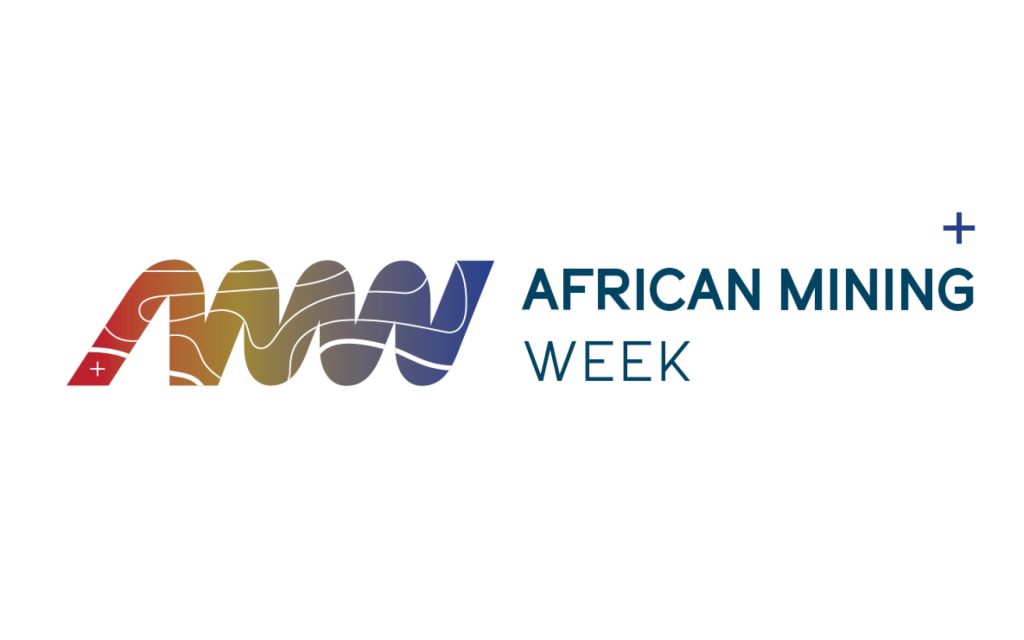Mining Other

AMW to Highlight Mineral Traceability as a Catalyst for Investment, Supply Chain Reform

The upcoming African Mining Week – Africa’s premier gathering for mining stakeholders, scheduled for October 1 – 3, 2025, in Cape Town – will feature a high-level panel focused on mineral traceability and supply chain optimization.
Titled Mineral Traceability: Reshaping Global Supply Chains and Geopolitical Influence, the session will bring together key players from public and private sectors, including mineral traders and certification bodies. The discussion will explore how traceability frameworks are driving investment, improving transparency and creating real economic impact in Africa’s mineral-rich economies.
African countries, in partnership with global partners, are implementing innovative traceability mechanisms to strengthen governance and ensure local beneficiation across the mining value chain. In Ghana, the government established the Ghana gold board in early 2025 to centralize the purchase and trade of domestically produced gold. Now the exclusive buyer, trader and exporter of the resource, the agency is designed to combat illegal gold trade, enhance transparency and ensure the gold sector contributes directly to GDP growth.
In Botswana, a new partnership with the G7 Diamond Technical Team, announced in November 2024, aims to develop an export certification system for rough diamonds. The system, which will be operational by 2025, will ensure diamonds are traceable across the supply chain. Namibia and Angola have revealed plans to adopt similar platforms in 2025.
Rwanda launched the Inkomane Trading System in October 2024 to enhance transparency across the mining lifecycle. The platform enables stakeholders to manage operations, payroll and mineral trades while complying with new laws around exploration, production and monetization. In February 2025, UK-based company Aterian resumed operations in Rwanda after aligning with the system’s requirements.
In October 2024, the Copper Mark, the International Council on Mining and Metals, the Mining Association of Canada and the World Gold Council launched the Consolidated Mining Standard Initiative. The initiative aims to harmonize existing mining standards under one consolidated framework, promoting responsible sourcing and ensuring comprehensive traceability. Once finalized, the standard is expected to be adopted by nearly 100 companies operating across 600 sites in around 60 countries, including many in Africa.
Further strengthening transparency in mineral reporting, the African Union’s African Minerals Development Centre introduced the Pan-African Resource Reporting Code in April 2024. The framework aims to ensure public reporting aligns with Africa’s development agenda, specifically the Africa Mining Vision and Agenda 2063, emphasizing sustainability, equity, and economic transformation.
Private mining firms are also leveraging technology to support traceability. De Beers registers Botswana’s diamond output using Tracr, a blockchain-enabled platform. Meanwhile, in the Democratic Republic of Congo, companies like Cobalt Blockchain, Glencore and Eurasian Resources Group have piloted blockchain solutions to trace cobalt from source to market.
As mineral traceability becomes increasingly crucial to securing sustainable investment and ensuring accountability in resource use, African Mining Week 2025 will spotlight the continent’s leading practices and ongoing efforts in building robust, transparent mineral value chains.












